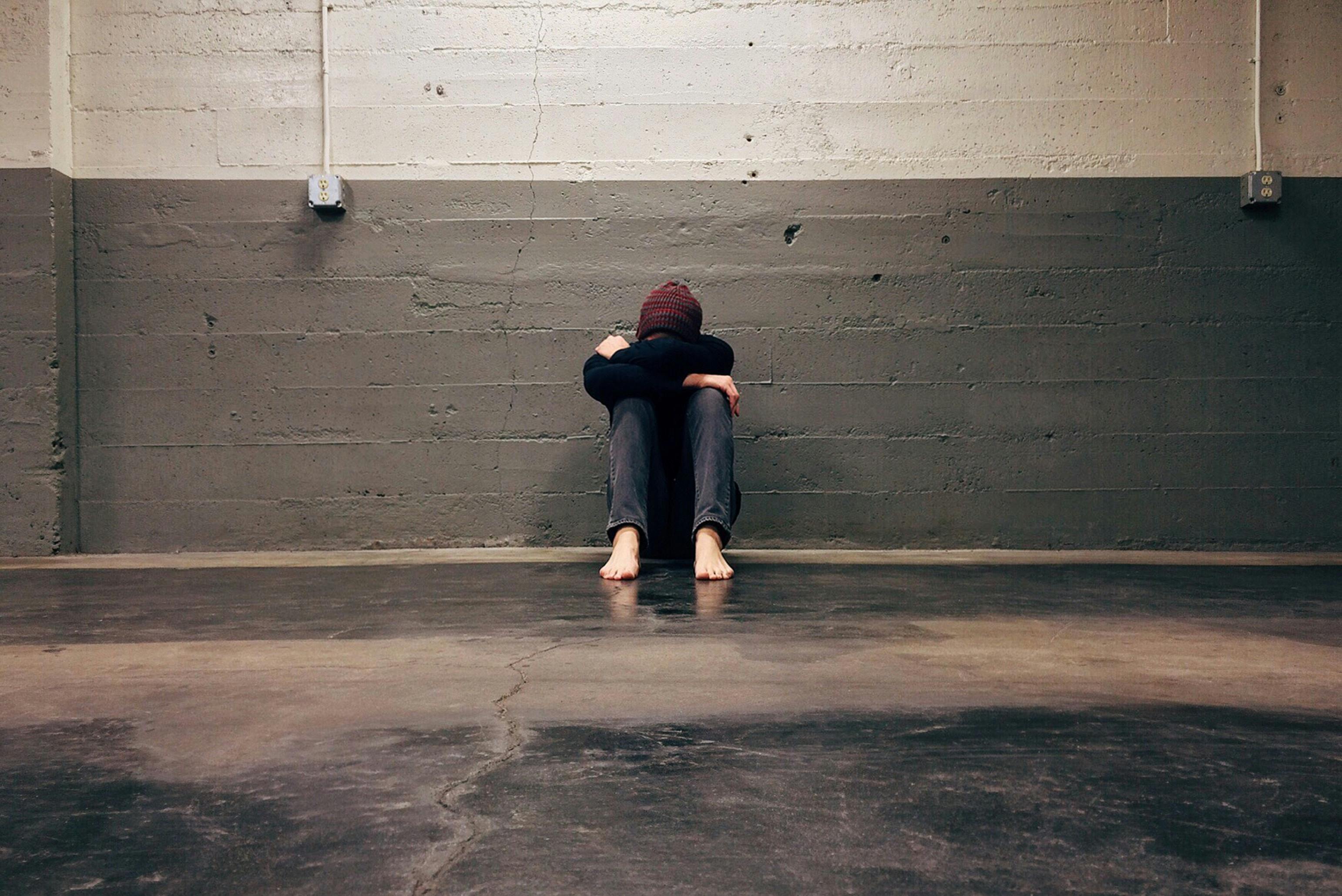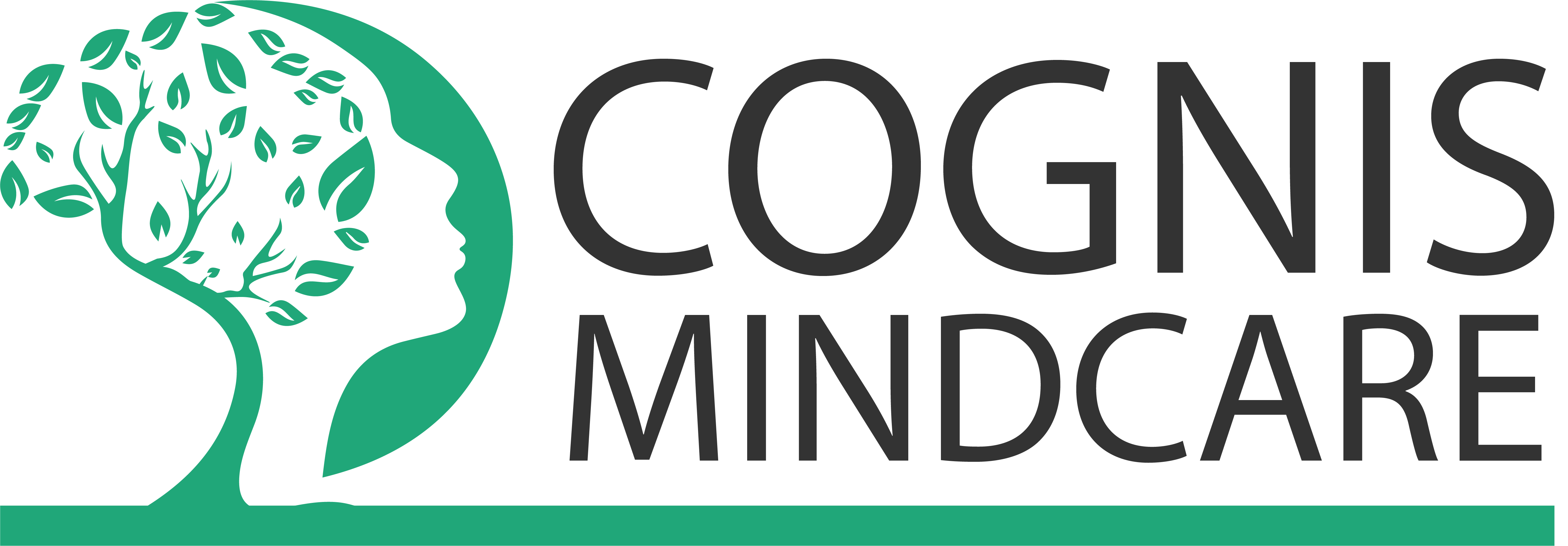
What is it:
Depression is a serious mental health condition characterized by persistent low mood, feelings of sadness, and a loss of interest in daily activities. It is not just a temporary phase of feeling sad or down; it significantly interferes with a person’s ability to function in everyday life. Clinical depression often hampers the capacity to experience or anticipate pleasure and may result from a combination of genetic, biological, environmental, and psychological factors.
What are the symptoms:
Common symptoms in adults include:
- Persistent sad, anxious, or “empty” mood
- Loss of interest or pleasure in activities once enjoyed
- Feelings of guilt, worthlessness, or helplessness
- Irritability or restlessness
- Difficulty concentrating, remembering, or making decisions
- Insomnia or sleeping too much
- Appetite or weight changes
- Thoughts of death or suicide, or suicide attempts
- Aches or pains, headaches, cramps, or digestive problems without a clear physical cause and/or that do not ease with treatment
Symptoms in children and adolescents may manifest differently and can include:
- Irritability or anger
- Continuous feelings of sadness and hopelessness
- Social withdrawal
- Increased sensitivity to rejection
- Changes in appetite and sleep
- Vocal outbursts or crying
- Difficulty concentrating and a decline in school performance
- Fatigue and low energy
- Physical complaints (such as stomachaches and headaches) that don’t respond to treatment
- Feelings of worthlessness or guilt
- Impaired thinking or concentration
- Thoughts of death or suicide
How common is it in India:
Globally, depression affects about 1 in 20 (5%) of adults and is the leading cause of disability, according to the World Health Organization (WHO). In India, the prevalence of depression is consistent with global estimates, with millions of people affected by this condition.
How does it impact a person’s life:
Depression can significantly affect an individual’s daily life, impairing their ability to work, study, eat, sleep, and enjoy activities they once found pleasurable. It can strain relationships, disrupt social connections, and lead to a decline in physical health. Untreated depression can result in severe emotional, physical, and functional problems, and in some cases, may lead to suicide.
How is it treated:
Our practice uses evidence-based treatments to help individuals with depression. Treatment options may include:
- Medications: Antidepressants such as selective serotonin reuptake inhibitors (SSRIs), serotonin-norepinephrine reuptake inhibitors (SNRIs), and atypical antidepressants may be prescribed to help regulate brain chemistry.
- Psychotherapy & Couselling: Various evidence-based therapies such as cognitive-behavioral therapy (CBT), interpersonal psychotherapy, and problem-solving treatment are used to help individuals develop coping strategies and challenge negative thought patterns.
- Lifestyle changes: Regular exercise, a balanced diet, adequate sleep, stress reduction, and social support can all contribute to improving mental health.
- Alternative therapies: Mindfulness-based practices, yoga, and meditation can complement traditional treatments for depression and help individuals develop resilience and emotional balance.
- Professional support: Our team of mental health professionals, including psychiatrists, psychologists, and counselors, work together to provide comprehensive, personalized treatment plans tailored to each individual’s needs.
At our practice, we are committed to providing compassionate, evidence-based care for individuals struggling with depression. Our team of experienced mental health professionals is dedicated to helping patients regain control over their lives and achieve lasting mental wellness. We understand that depression can be a challenging and isolating experience, and we strive to create a supportive environment where individuals feel understood, empowered, and hopeful about their recovery.
